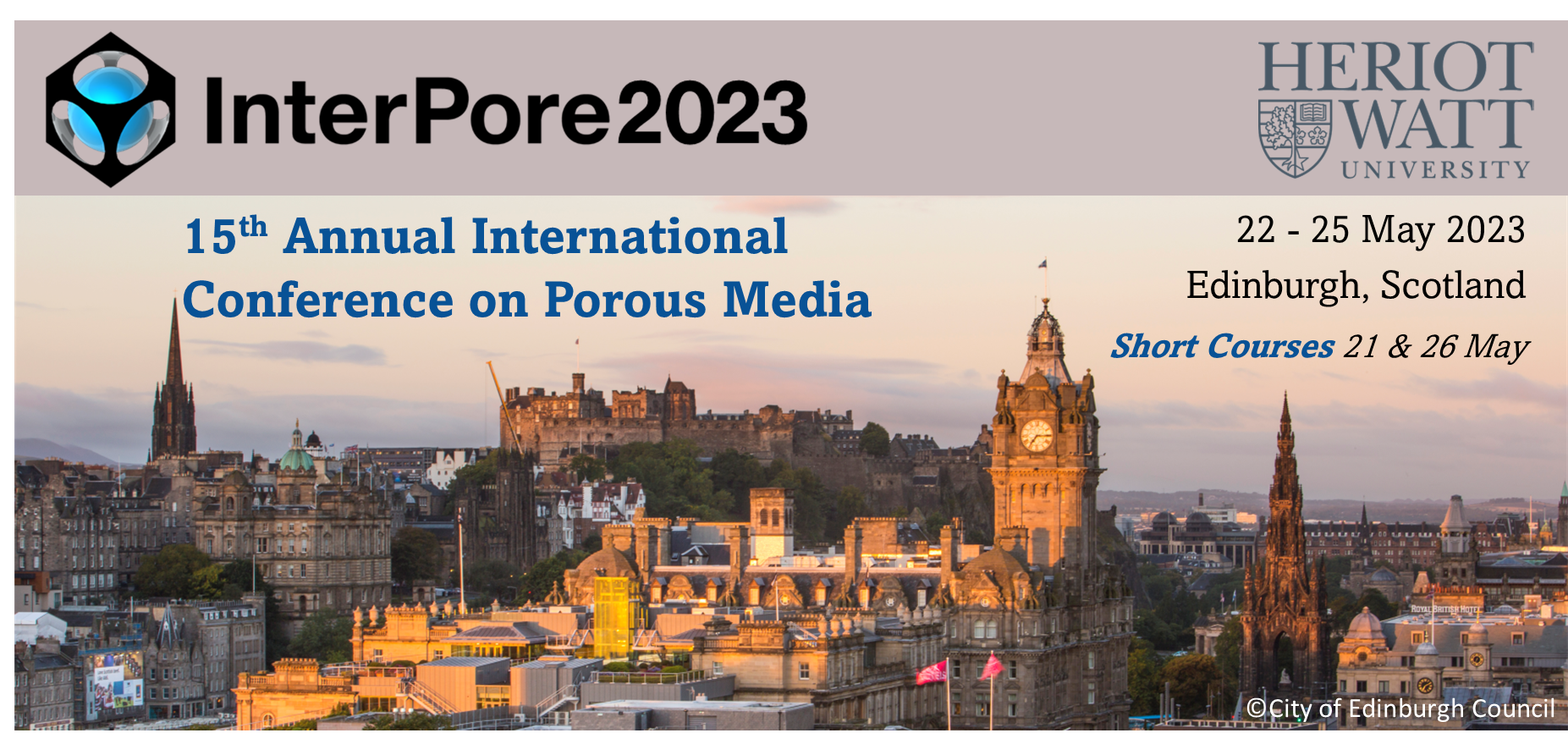Speaker
Description
In this work, we use a combination of formal upscaling and data-driven machine learning for explicitly closing a nonlinear transport and reaction process in a multiscale tissue. The classical effectiveness factor model is used to formulate the macroscale reaction kinetics. We train a multilayer perceptron network using training data generated by direct numerical simulations over thousands of microscale examples. Once trained, the network is applied in an algorithm for numerically solving the upscaled (coarse-grained) differential equation describing mass transport and reaction in two example tissues. The network is described as being explicit in the sense that the network is trained using macroscale concentrations and gradients of concentration as components of the feature space.
Network training and solutions to the macroscale transport equations were computed for two different tissues. The two tissue types (brain and liver) exhibit markedly different geometry and spatial scale (cell size and sample size). The upscaled solutions for the average concentration are compared with numerical solutions derived from the microscale concentration fields by a posteriori averaging.
There are two outcomes of this work of particular note: 1) we find that that the trained network exhibits good generalizability, and it is able to predict the effectiveness factor with high fidelity for realistically-structured tissues despite the significantly different scale and geometry of the two example tissue types; and 2) the approach results in an upscaled PDE with an effectiveness factor that is predicted (implicitly) via the trained neural network. This latter result emphasizes our purposeful connection between conventional averaging methods with the use of machine learning for closure; this contrasts with some machine learning methods for upscaling where the exact form of the macroscale equation remains unknown.
| Participation | In-Person |
|---|---|
| Country | United States |
| MDPI Energies Student Poster Award | No, do not submit my presenation for the student posters award. |
| Acceptance of the Terms & Conditions | Click here to agree |







